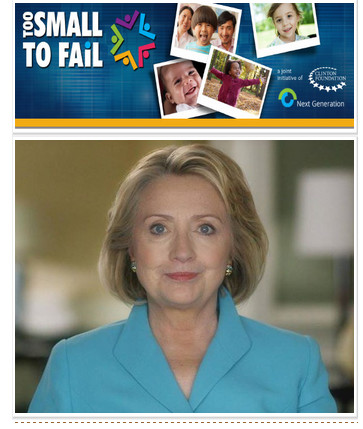Prenatal Care Effects Felt Long After Birth
Parents focus on taking good care of their babies once they are born by providing them with nutritious food, clean clothes and a safe environment, but there are steps that parents can take to ensure the wellbeing of their children even before birth. Good prenatal care is important not just to prevent complications during a pregnancy, but also to ensure that both mother and baby are as healthy as can be after birth and for a long time after.
Doctors recommend that women begin receiving prenatal care during the first trimester of pregnancy. During these early visits, doctors can work with a mother to spot problems early on, but also to provide valuable information about the kinds of food and exercise that can improve her health and the development of her baby.
For expecting mothers, prenatal care reduces the chances of serious problems like preterm birth, anemia and low birth weight. According to Stanford University School of Medicine, babies born to mothers who received no prenatal care are three times more likely to be born at low birth weight. Low birth weight can cause many health and learning problems for young children, including language delays, attention disorders and even severe neurological problems.
There are many ways that pregnant mothers can prepare for a healthy pregnancy, and get their children’s development off to a good start. By receiving regular prenatal care, eating well and exercising, a mother-to-be can improve her baby’s chances for success during the early years and beyond.
Resources for Sharing:
- Information about the importance of prenatal care from For Our Babies.
- A thought-provoking article about the impact of low birth weight on children’s early development.
- This series of articles provides great information about how to have a healthy pregnancy and help your baby’s development.
- The American Academy of Pediatrics offers this information for expecting mothers.
- To receive regular tips for prenatal care and parental support, sign up at Text4Baby.org.

Graphic
Information about low birth weight rates around the country. >>
If You Want to Help Your Kids Get Smarter, Limit Screen Time
As parents and caregivers, you are bombarded by advertisements for hundreds of shows, movies and internet apps that claim to help children prepare for school and improve learning. But most early childhood experts agree that too much screen time—meaning time that children spend in front of a television, computer or mobile device—can actually do more harm than good.
While some high quality programs can help preschool-aged children learn vocabulary and early math concepts, the best learning actually happens from direct interaction with adults and the world around us. Children learn language and other skills best through play and direct communication with other people. And for infants and very young toddlers, touch, taste and physical movement are also important ways that they absorb and learn new information.
For parents who feel that some screen time is unavoidable, there are resources that offer guidance on when and how to expose very young children to television and other media. For example, experts recommend that parents and caregivers choose children’s program carefully, and that they watch these programs with their children as much as possible to stimulate conversation.
Finally, the American Academy of Pediatrics recommends no screen time for children younger than two years of age, and no more than two hours a day for older children.
Resources for Sharing:
- This article from the American Academy of Pediatrics explains why pediatricians recommend no television or screen time for children under age 2.
- These 5 tips for picking a preschooler’s first TV shows are helpful and shareworthy!
- Great research from The Urban Institute about infants, toddlers, and television.

Graphic
This infographic from Common Sense Media explains the dramatic increase in mobile device use among infants and toddlers. >>

